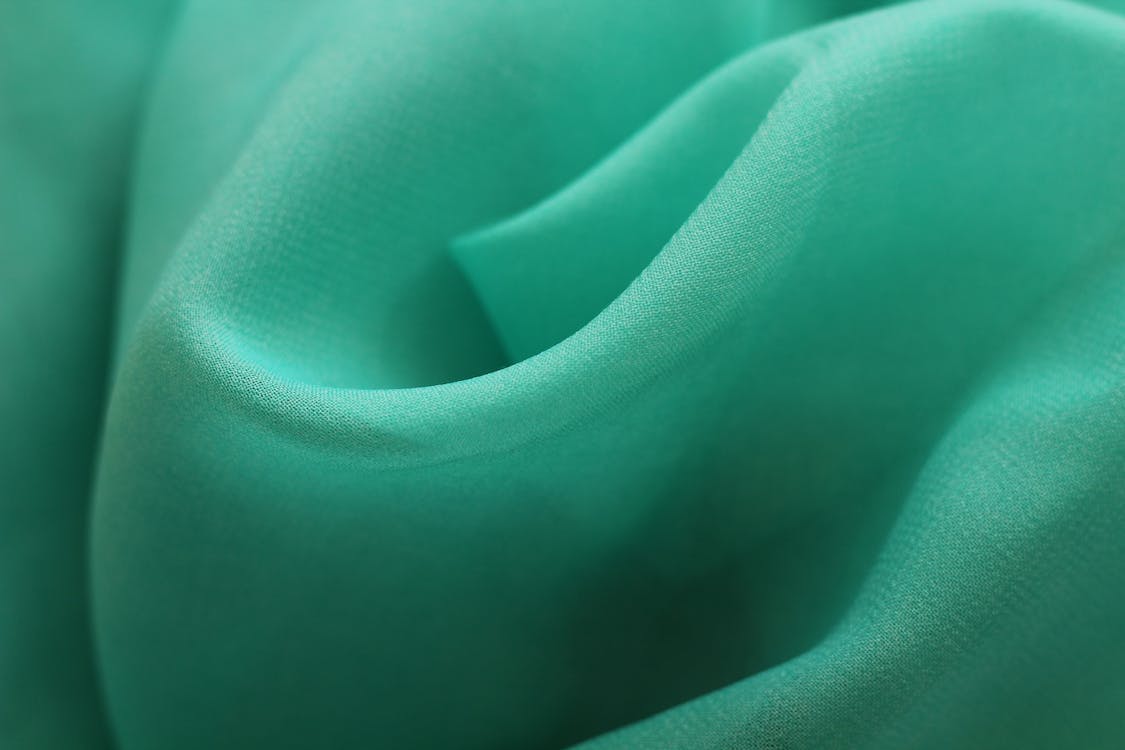
FAQ About Differences in Polyester
Is polyester wrinkle-resistant?
Yes, polyester is generally considered to be wrinkle-resistant compared to natural fibers like cotton or linen. Polyester fibers have a higher level of elasticity and resiliency, which allows them to bounce back to their original shape after being stretched or wrinkled.
Polyester fabrics tend to be more resistant to wrinkling, creasing, and sagging, especially when compared to fabrics made from natural fibers. This means that garments and textiles made from polyester are less likely to develop noticeable wrinkles or require frequent ironing or pressing to maintain a smooth appearance.
While polyester is inherently wrinkle-resistant, it's important to note that extreme heat or improper care can still cause wrinkles in polyester fabrics. Excessive heat from high dryer settings or ironing at very high temperatures can result in temporary wrinkling or melting of polyester fibers. Therefore, it is advisable to follow the care instructions provided on the garment's label and use appropriate heat settings when ironing polyester fabrics.
It's worth mentioning that the wrinkle resistance of polyester can vary depending on factors such as the specific type of polyester, the fabric construction, and any additional finishes or treatments applied to the fabric. Some polyester blends or finishes may enhance the wrinkle resistance even further.
Overall, while polyester is generally considered to be wrinkle-resistant, it's still a good practice to hang or fold polyester garments properly after laundering to help minimize any potential wrinkles and maintain their smooth appearance.
